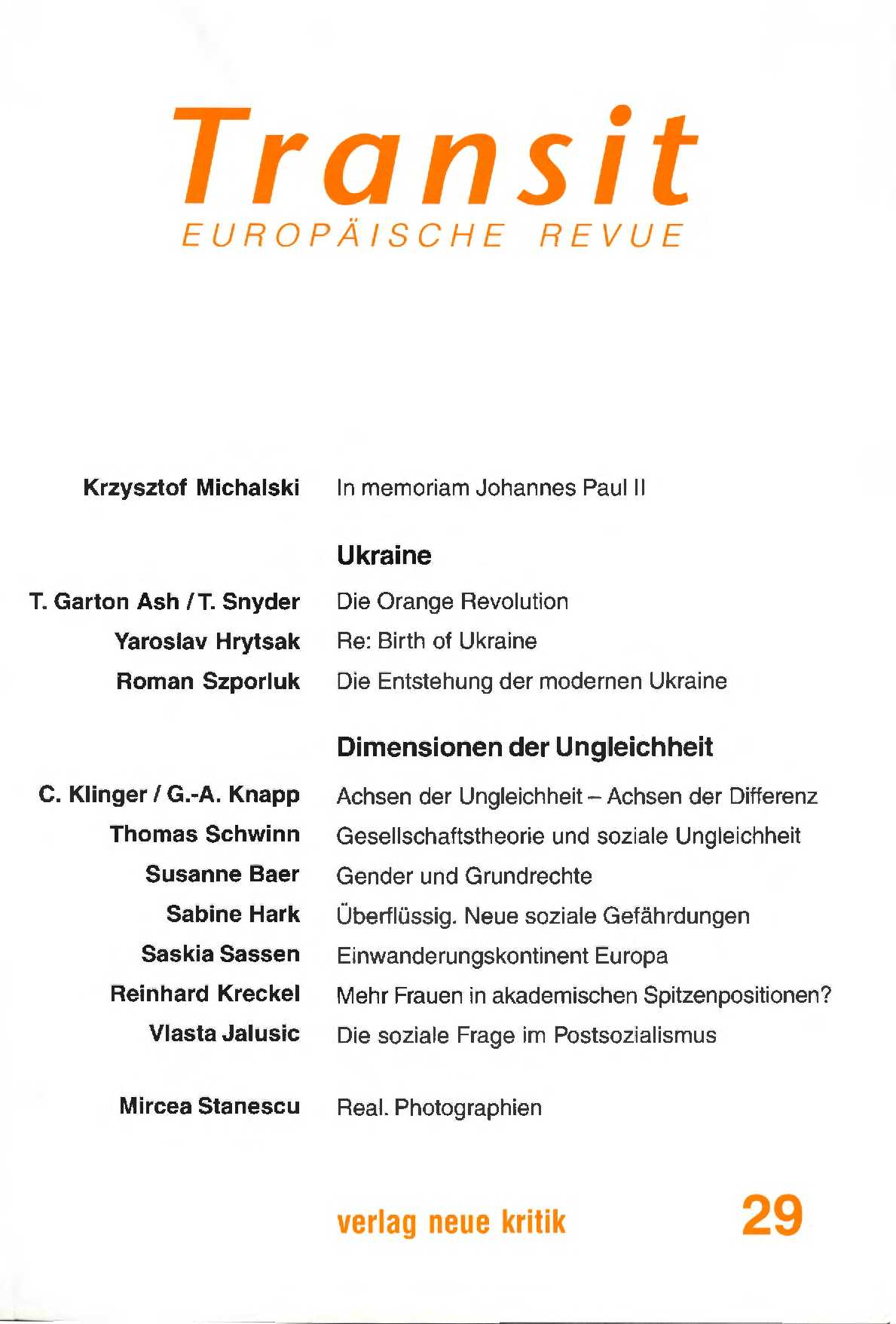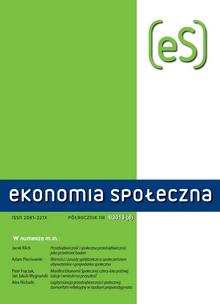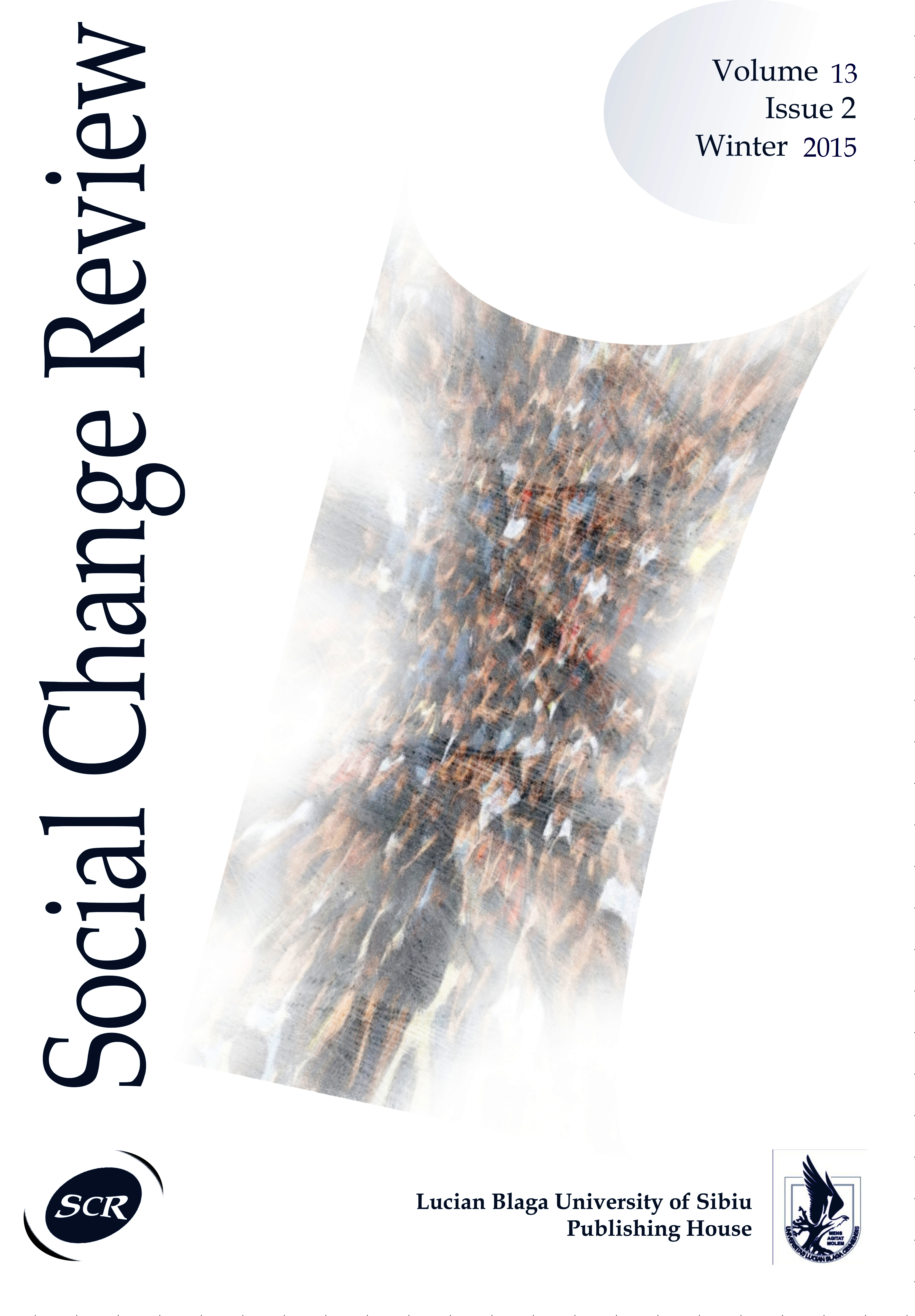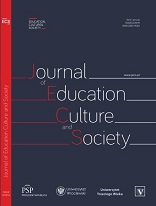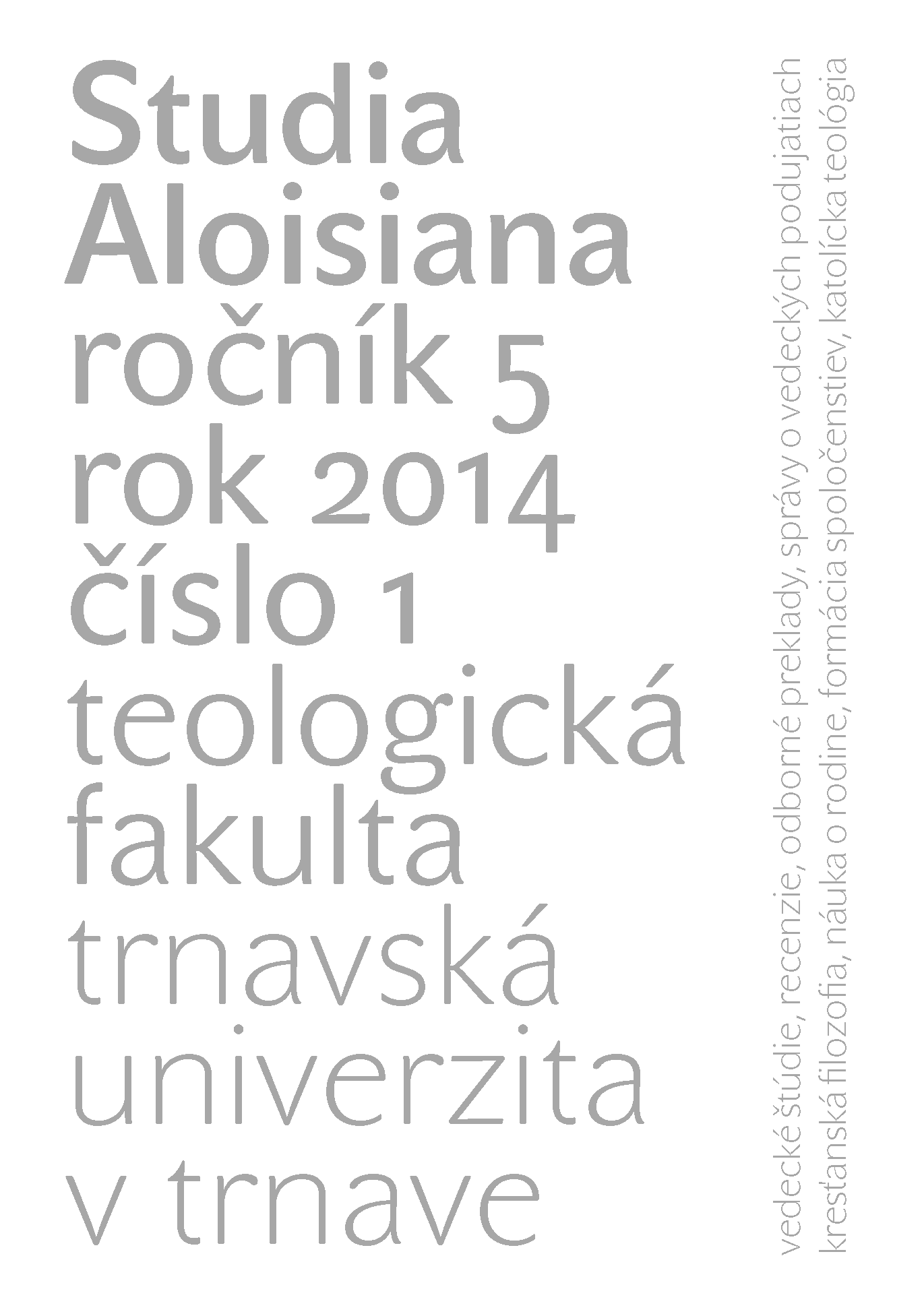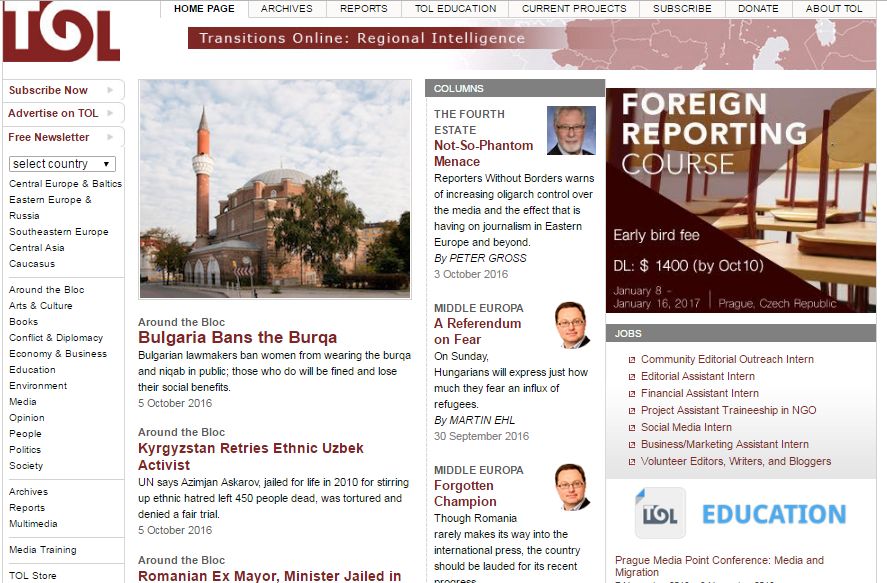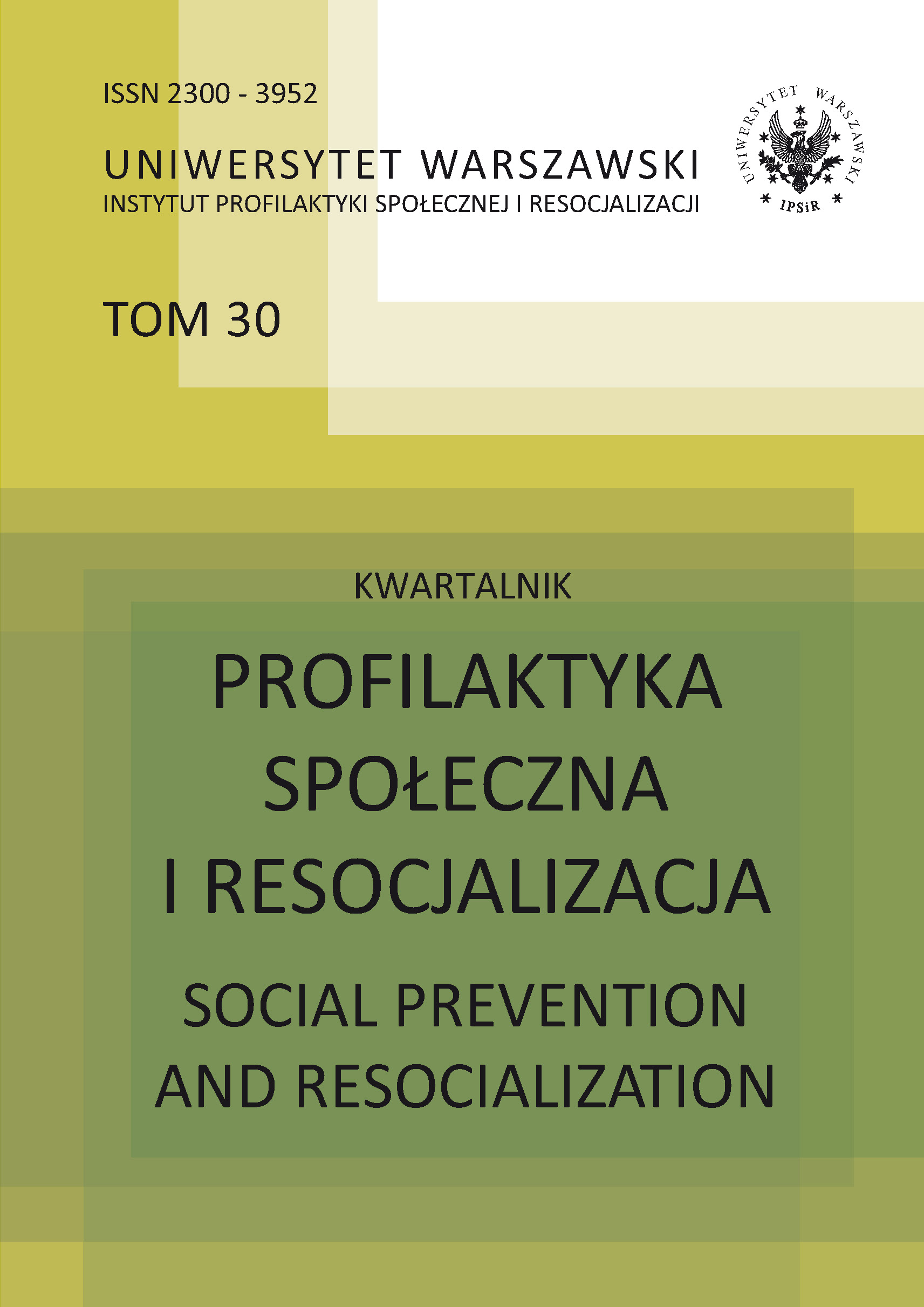Memorizimi i Hapësirës Territoriale të Fshatit përmes Kujtesës Sociale
In this paper, we have paid attention to socio-cultural anthropology, and to the finding of the ethnographic fact through social memory. Throughout an anthropological overview we treated how memory presents accumulated layers among generations of a collective and individual memory, through which, social groups express practices of life, create, transmit and preserve their cultural heritage, that makes them differ from other groups. Social memory, in new historical and social terms, with changes in the manner of production, the behavior inside and outside the family, with the departure of the population from rural to urban areas and abroad, in order to point out the ethnographic facts, takes an important and special function. During field expeditions in the ethnographic unit of Cerja in Permet, we collected ethnographic evidence through social memory and we got clear picture on the territorial organization of the village in southern Albania during the twentieth century. Through ethnographic facts, presented in this paper, we learned: a. how was memorized the vital space of the village, the inhabited area that includes the village as settlement, and the economic area, where is the oldest nucleus of the village, objects of worship and good places; and b. memorizing the territorial boundaries of the village, and how they were stored in social memory.
More...



